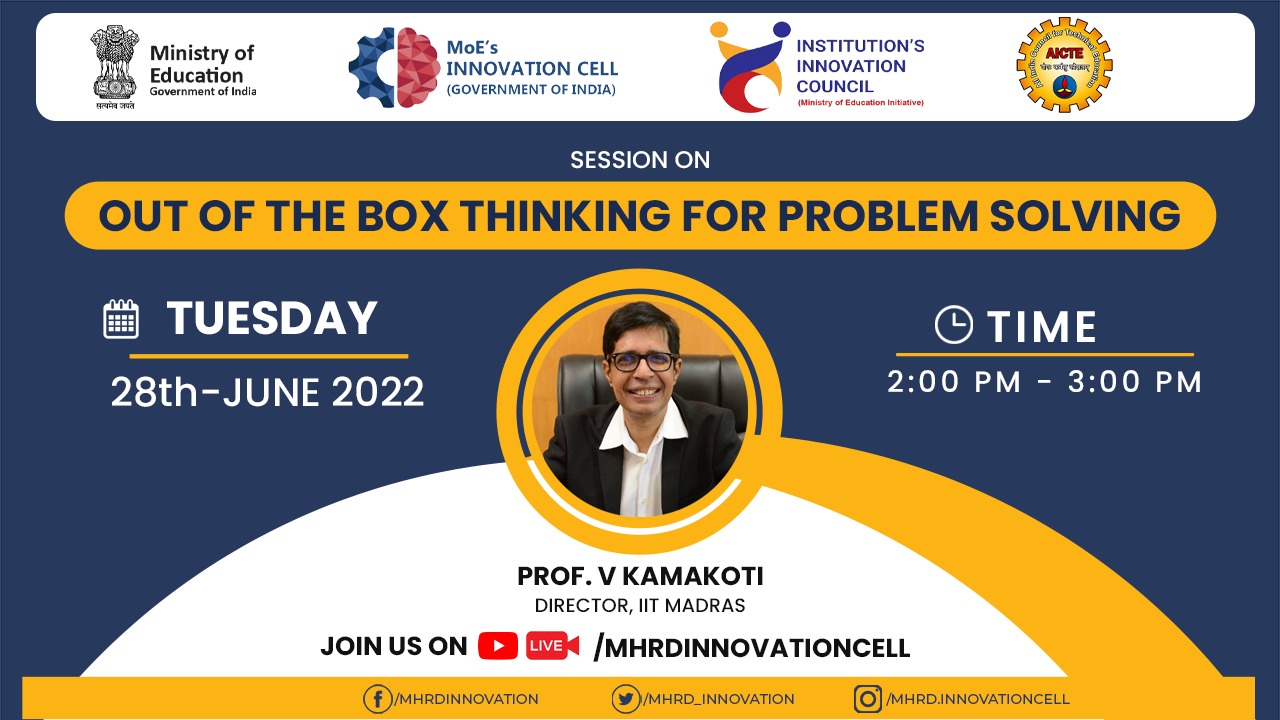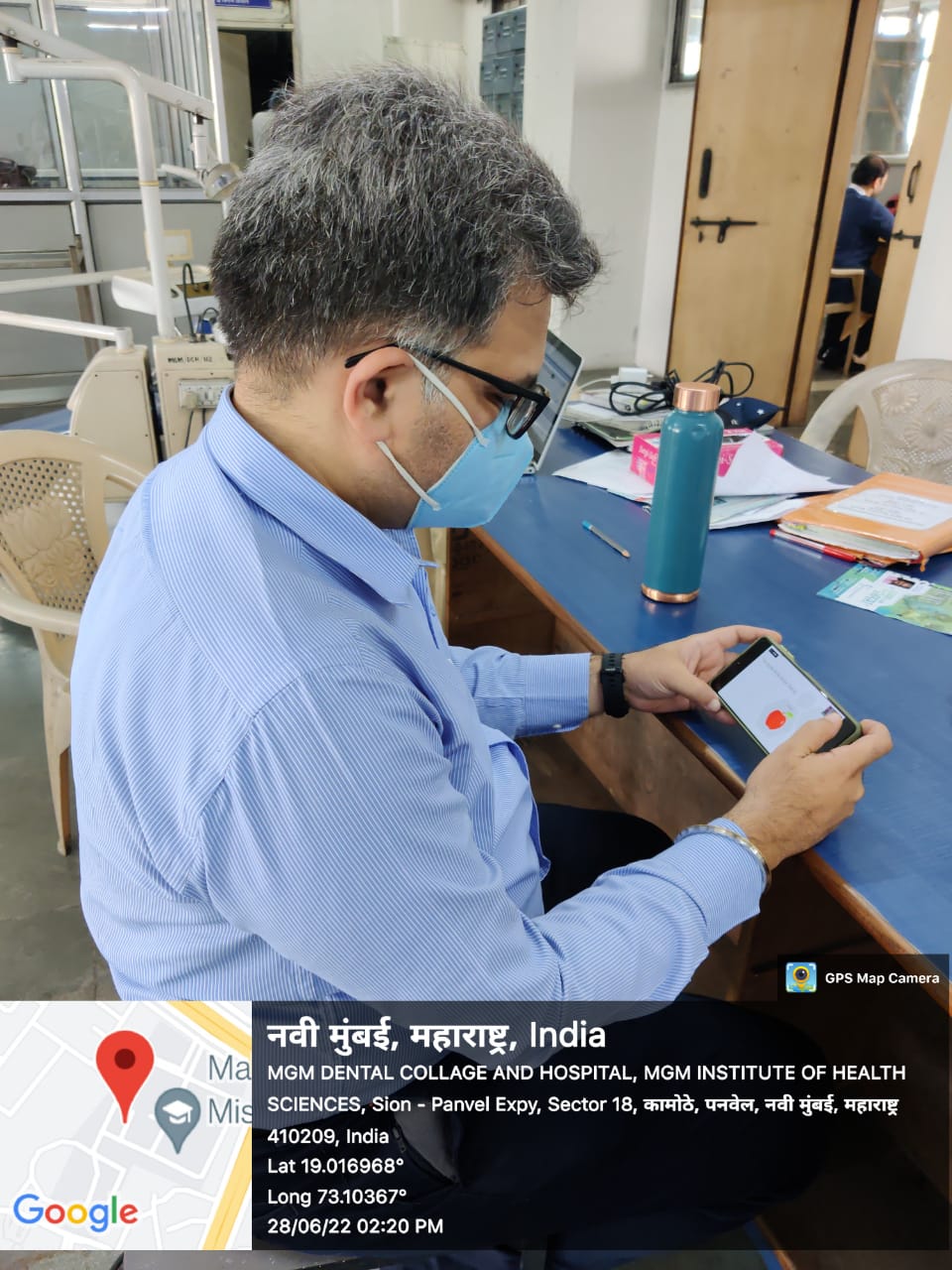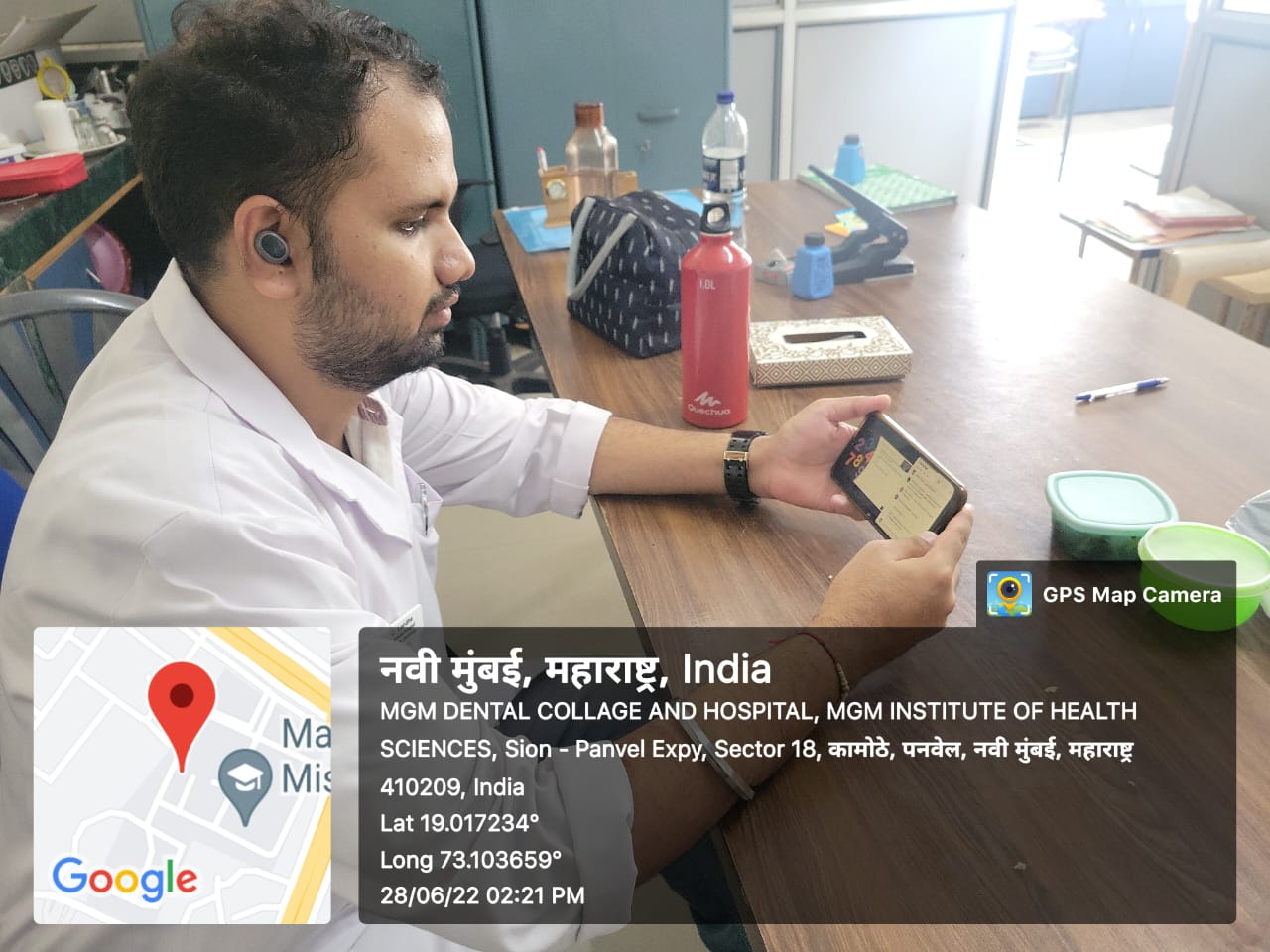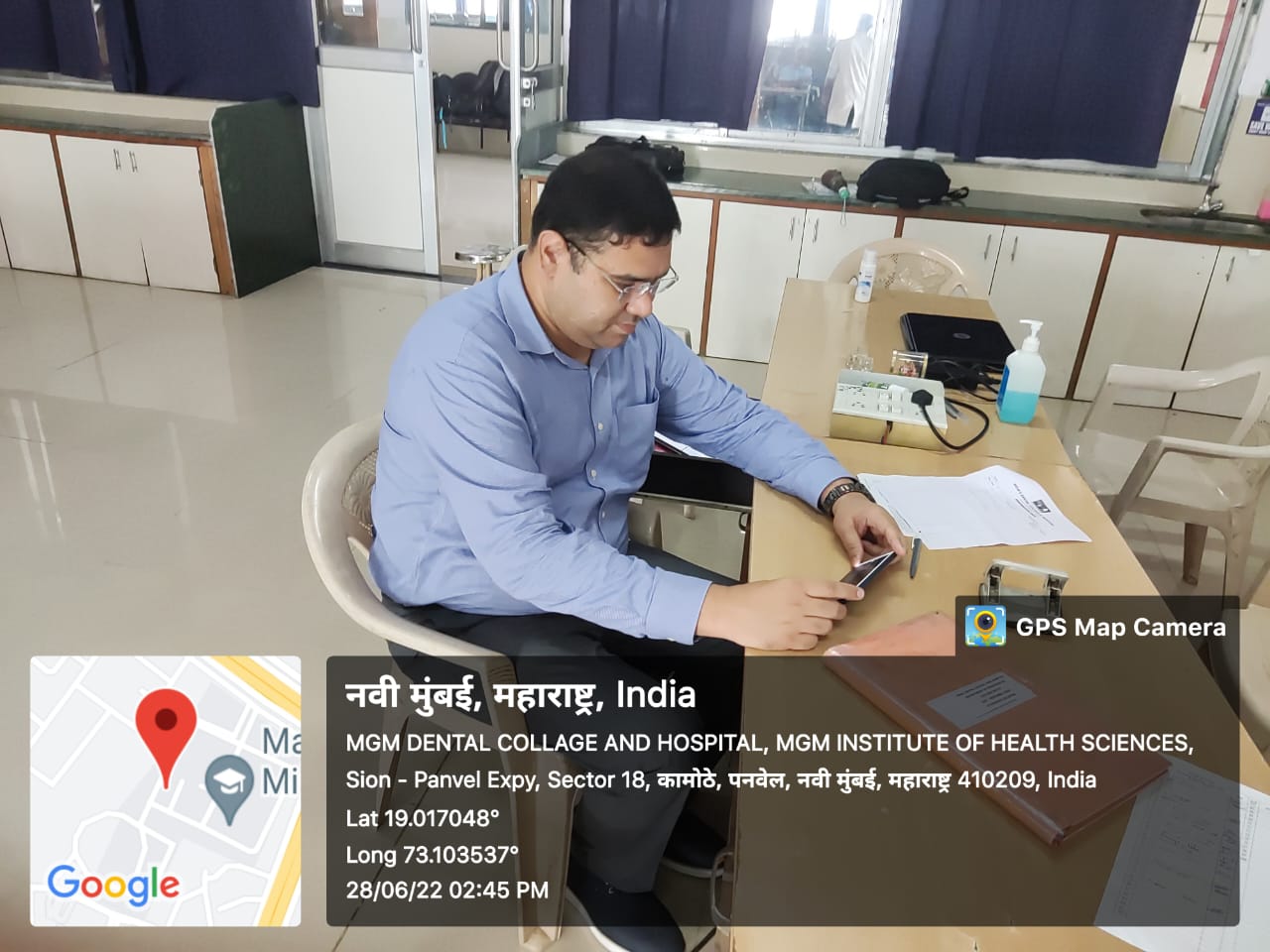Research Bodies
INSTITUTIONAL ETHICS COMMITTEE (IEC)
The first International statement on the ethics in medical research using human subjects, the Nuremberg Code was formulated in 1947 and it laid emphasis on consent and voluntariness. In 1964, the eighteenth World Medical Assembly at Helsinki, Finland adopted a code of ethics for the guidance of doctors involved in clinical research. This is popularly known as the “Declaration of Helsinki.” In 1980, the Indian Council of Medical Research released a ‘Policy Statement on Ethical Considerations involved in Research in Human Subjects’ for the benefit of all those involved in clinical research in India.
Moreover in 1996, the International Conference on Harmonization (ICH) published a tripartite guideline for Good Clinical Practice (GCP) to harmonize technical requirements for registration of pharmaceutical products in three regions namely the United States, the European Union and Japan). Today, the ICH-GCP guideline is followed globally for clinical research. This guideline elaborates the composition and functioning of an Institutional Ethics Committee to review clinical research proposals.
It was thus felt necessary to establish an Institutional Ethics Committee (IEC) consistent with the GCP Guidelines so as to facilitate the ethical review of any human research projects at institute. MGM Dental College & Hospital, Kamothe, Navi Mumbai is an under-graduate and postgraduate medical teaching institution with all ultra-modern health care services with 1500 hundred indoor admission bed capacities. The institution provides support for conducting research on human subjects to researchers (self-funded) or those offered by the sponsored pharmaceutical companies. To protect interest of participating subjects it was felt necessary to start an institutional ethics committee for reviewing the scientific as well as ethical aspects in the projects planned in the MGM Dental College & Hospital, Kamothe, Navi Mumbai.
The Institutional Ethics Committee presently functions according to the requirements laid down in Ethical Guidelines for Biomedical Research on Human Subjects laid down by the Indian Council of Medical Research (ICMR) 2018, and is guided by the guidelines for Good Clinical Practice (GCP), ethical principles set forth in the Declaration of Helsinki.
Objectives:
- To ensure the protection of the rights, safety and well-being of human subjects involved in a research project.
- To provide public assurance of that protection.
Strategic plan of action:
- The Institutional Ethics Committee (IEC) is established under the authority of Dean, MGM Dental College & Hospital, Kamothe, Navi Mumbai. It is administratively governed under same authority.
- Institution will support establishment of ethics committee including training, resources and infrastructure etc.
- The IEC oversees other medical teaching institutions under umbrella of MGM Institute of Health Sciences such as Dental College and Hospital, School of Biomedical Sciences, School of Physiotherapy (MUHS), College of Physiotherapy, College of Prosthetics and Orthotics, New Bombay College of Nursing.
- The IEC is an independent committee chaired by external personnel and has its own function and decision making. Institute management will not participate in its functioning and decision making. Dean, MGM Dental College & Hospital, Kamothe, Navi Mumbai will ensure independence of the IEC.
- The IEC shall adhere to existing applicable rules and regulations (Ethical Guidelines for Biomedical Research on Human Subjects laid down by the Indian Council of Medical Research (ICMR) 2018, CDSCO guidelines, ICH-GCP, Indian GCP, ICMR guidelines etc.) for its formation, registration, functioning etc.
- All research projects involving human participation must be approved by the IEC.
- All prospective and retrospective studies (on drugs, investigational techniques as well as devices or any other procedure), involving human volunteers or patients to be conducted at MGM Dental College and Hospital, School of Biomedical Sciences, School of Physiotherapy (MUHS), College of Physiotherapy, College of Prosthetics and Orthotics, New Bombay College of Nursing.
- Each project along with a duly completed application/submission form shall be submitted through electronic copy (PDF format) and at least 3 paper sets of the same. The application form will be available at the office of the IEC. The information to be given on the application form shall be filled in legible handwriting. It shall have the designation and signatures of Principal Investigator. All details in the form such as type of patients phase of drug trial, duration of study, sponsoring agency, budget of the trial, availability of Drugs Controller General of India [DCGI] permission and other relevant approvals etc. shall be completed while submitting the proposal.
- Studies which plan to use a new drug (as defined in 122-E of the Drugs and Cosmetics Act, 1945) shall submit along with the Protocol submission application form, a copy of the permission letter issued by the DCG(I) to the pharmaceutical company/investigator. If the DCGI permission is awaited, a letter of provisional approval from EC will be issued and final EC approval will be given after a copy of DCGI permission is submitted to the EC. A study cannot begin until the final letter of permission is issued by the EC.
- In case a clinical study is planned on an “alternative system of medicine” a co-investigator from that system will be required on that study. For Ayurveda or herbal drugs, which are not marketed, a copy of the marketing/manufacturing license issued by FDA to the company shall be submitted.
- All required fees shall be collected at the time of submission of the project. The amount to be collected, as processing fee will be reviewed at the end of 1 year.
- The project proposal shall be submitted in soft copy (PDF format) via email and three hard copies. Documents should be submitted to at least 21 days prior to scheduled ethics committee meeting for initial review and amended documents. Each set shall contain the documents on A4 size paper arranged in a file in the order mentioned below:
- EC application form duly filled
- Summary of protocol or Protocol Synopsis
- Protocol and any amendments to it with version and date
- The informed consent document (ICD), including any amendments / addendum and its translation(s) into regional language(s)
- A copy of Informed Consent Document for Audio visual Consent, if applicable
- Case Record Form (CRF) / Questionnaire.
- Principal investigator’s current Curriculum vitae.
- Subject recruitment procedures (e.g. advertisements/letters to doctors/posters)
- Investigator Brochure (This should give details of the study drug, toxicology studies, phase I, II, III data wherever available, safety information etc)
- Insurance policy (if applicable)
- DCG(I) clearance [for Phase I, II, III studies on new drugs and other studies as applicable as per Schedule ‘Y’ of the Drugs and Cosmetics Act]
- Investigator’s agreement with sponsor
- Investigator’s undertaking to DCG(I) [for Phase I, II, III studies]
- Health Ministry Screening Committee (HMSC) clearance wherever applicable
- Food and Drug Administration (FDA) marketing/manufacturing license for herbal drugs
- Any other applicable documents
- All communications with the committee shall be in writing.
- The project proposals in the format mentioned in § 9.1 above will be accepted in office of the IEC as a soft copy (PDF format) and at least 3 set of paper copies.
- The submitted project/s will be circulated 14 days prior to the IEC meeting for initial review to all committee members via email or paper copy and the proposal shall be reviewed
- A meeting, of all members will be held preferably once every 2 months where each proposal will be discussed and decisions arrived at. Any extra meeting required on urgent basis, respective proposal will be considered as expedite submission and has to pay IEC fees
- All members of the IEC present during meeting will be responsible for review of projects. However, members are expected review specific documents in detail which are in their own expertise (e.g. legal expert are expected to review Clinical trial agreement and insurance policy).
- Every reviewing need to fill study assessment form present during meeting. Study assessment form can be share either as Signed Hard copy or filled soft copy through email. Admin officer will keep all filled Study assessment form in respective study project file.
- When there are no research proposals to review, the meeting may be held less frequently, but not less than once every 12 weeks.
- All members will receive notification of meeting schedules at least 1 week in advance.
- The committee members will review all the proposals before the meeting.
- The proposal may be sent to a subject expert for his/her assessment and opinion of the research proposal. The subject expert may be invited for the meeting.
- The investigator and/ or co-investigator may be invited to the meeting to provide clarifications on the study protocol. Member Secretary will invite concern investigator and/ or co- investigator for meeting if required
- The Member Secretary will be responsible for coordination and recording of the proceedings of the meeting.
- The proceedings of the meetings shall be recorded in English and in the form of minutes.
- The minutes shall be approved by the chairperson and circulated within 14 days of the EC meeting.
- Decision for each proposal shall be voting by simple majority.
- A majority vote for approval, disapproval, and request for modifications, suspension or termination of a research proposal or an ongoing study is defined as one-half of the members who have reviewed the project.
- All members present at the IEC will vote on the research proposal.
- Absent members will not vote.
- Member(s) of the committee who is/are listed as investigator(s) on a research proposal or having conflict of interest will opt out from all deliberations on the proposal and will not vote on the proposal.
- An investigator or study team member invited for the meeting will not vote or participate in the decision making procedures of the committee.
- Specific patient groups or Subject experts shall be invited for the meeting will not vote or participate in the decision making procedures of the committee.
- The outcome of committee’s review shall be communicated to the investigator within 14 working days of the meeting and the reply for the same must be submitted by the principal investigator within 5 days of receipt of the letter. If there is no reply or any other communication within 5 days, the project will be considered closed and shall be archived When modifications to the proposal, as recommended by the committee, are minor, the revised documents may not be re- circulated. The revised proposal shall be reviewed by either the Chairperson of the committee, the Member Secretary of the committee, or by one or more experienced reviewers designated by the chairperson from among the members of the committee. An approval may then be issued if the revised documents are satisfactory. The committee will keep all members of the committee informed of these approvals.
- When modifications to the proposal, as recommended by the committee, are major, the revised proposal will be re-circulated and discussed again at next meeting.
Risk categories as per Ethical Guidelines for Biomedical Research on Human Subjects laid down by the Indian Council of Medical Research (ICMR) 2018 and type of review
| TYPE OF RISK | DEFINITION/DESCRIPTION | TYPE OF REVIEW |
|---|---|---|
| Less than minimal risk | Probability of harm or discomfort anticipated in the research is nil or not expected. For example, research on anonymous or non-identified data/samples, data available in the public domain, meta-analysis, etc. | IRRC or SAC approval considered final |
| Minimal Risk | Probability of harm or discomfort anticipated in the research is not greater than that ordinarily encountered in routine daily life activities of an average healthy individual or general population or during the performance of routine tests where occurrence of serious harm or an adverse event (AE) is unlikely. Examples include research involving routine questioning or history taking, observing, physical examination, chest X-ray, obtaining body fluids without invasive intervention, such as hair, saliva or urine samples, etc. | Expedited review |
| Minor increase over minimal risk or Low risk | Increment in probability of harm or discomfort is only a little more than the minimal risk threshold. This may present in situations such as routine research on children and adolescents; research on persons incapable of giving consent; delaying or withholding a proven intervention or standard of care in a control or placebo group during randomized trials; use of minimally invasive procedures that might cause no more than brief pain or tenderness, small bruises or scars, or very slight, temporary distress, such as drawing a small sample of blood for testing; trying a new diagnostic technique in pregnant and breastfeeding women, etc. Such research should have a social value. Use of personal identifiable data in research also imposes indirect risks. Social risks, psychological harm and discomfort may also fall in this category. | Full board review |
| More than minimal risk or high risk | Probability of harm or discomfort anticipated in the research is invasive and greater than minimal risk. Examples include research involving any interventional study using a drug, device or invasive procedure such as lumbar puncture, lung or liver biopsy, endoscopic procedure, intravenous sedation for diagnostic procedures, etc. | Full board review |
| Designation | Name | Qualification |
|---|---|---|
| Chair Person | Dr. Deepak Kumar Govindrao Langade |
MBBS,MD (Pharmacology) |
| Member Secretary | Dr. Shilpa Patel | MDS in Oral Pathology |
| Member | Dr Chandramani Pathak | PhD Biochemistry |
| Member | Dr Ashwin Jawdekar | MDS in Pediatric and Preventive Dentistry |
| Medical Scientist | Dr Shakeeb Dhorajiwala | MBBS,MD (Pharmacology) |
| Member | Dr Ravindranath VK | MDS in Orthodontics and Dentofacial Orthopaedics |
| Member | Dr Sumanthini MV | MDS in Conservative Dentistry |
| Member | Dr. Jyoti Nadgere | MDS in Prosthetic Dentistry |
| Clinician | Dr Usha Asnani | MDS in Oral and Maxillofacial Surgery |
| Clinician | Dr Vineet Kini | MDS in Periodontics |
| Member | Dr Nilesh Joshi | MDS in Periodontics |
| Member | Dr Nikhil Bhanushali | MDS in Public Health Dentistry |
| Legal Expert | Dr Sheela Hosamani | LLM, PhD in Law |
| Social Scientist | Dr Rupali Gujar | PhD in Hospital Administration |
| Lay Person | Dr Priyanka Sharma | MA Psychology(PGDCRM) |
Attachments
INSTITUTION’S INNOVATION COUNCIL (IIC)
MGM Dental College and Hospital has established its Instiution’s Innovation Council (IIC) as per the guidelines of ‘MoE’s Innovation Cell (MIC)’ to encourage, inspire and nurture young students by supporting them to work with new ideas and transform them into prototypes by creating vibrant local innovation ecosystem, Start-up supporting Mechanism, Establish Function Ecosystem. MGMDCH IIC mainly focuses on establishing a functional ecosystem for scouting ideas and pre-incubation of ideas, developing a better cognitive ability for students through following activities:
- Identify and reward innovations and share success stories.
- Organize periodic workshops/ seminars/ interactions with entrepreneurs, investors, professionals and create a mentor pool for student innovators.
- Network with peers and national entrepreneurship development organizations.Organize Hackathons, idea competition, mini-challenges etc. with the involvement of industries.
Brochures
Reports
BMC
EXPERT TALK ON PROCESS OF INNOVATION DEVELOPMENT & TECHNOLOGY READINESS LEVEL & COMMERCIALIZATION OF LAB TECHNOLOGIES AND TECHNOLOGY TRANSFER
Funding Opportunities for Early stage Entrepreneurs
How to Plan Start-up
IPR Management
MY STORY - MOTIVATIONAL SESSION BY SUCCESSFUL INNOVATORS
National Energy Conservation Day
National Pollution Control Day
World Earth Day
World Environment Day
World IPR Day
Innovation Week
Orientation Session
Out of the Box Thinking
Regioanl Meet
Innovation Mela
Innovation Mela
INSTITUTIONAL RESEARCH REVIEW COMMITTEE (IRRC)
Institutional Research Review committee of MGM Dental College & Hospital, is formally designated to review and monitor biomedical research involving human subjects. IRRC has the authority to approve, require modifications in (to secure approval), or disapprove research. This Committee review serves an important role in the protection of the rights and welfare of human research subjects.
The purpose of IRRC is to assure, both in advance and by periodic review, that appropriate steps are taken to protect the rights and welfare of humans participating as subjects in the research in addition to the scientific content of the proposals. To accomplish this purpose, IRRC uses its external and internal members to review research protocols and related materials (e.g., informed consent documents and investigator brochures) to ensure protection of the rights and welfare of human subjects of research.
Objectives:
The purpose of developing
Standard Operating
Procedure (SOP) of the Institutional Research Review
Committee (IRRC)at MGM Dental College and Hospital is to give a clear idea to investigators
(faculty and
students) about its proposal processing pathway. The IRRC, MGMDCH composed of external and
internal
members faculties from both Para-clinical and clinical disciplines) with an aim to offer
timely
and complete
critical appraisal to the submitted research proposals and offer technical guidance to those
who
submit their
proposals for its review. To encourage Good Clinical Practice and Good Authorship Practices
among
researchers of the Institute, the SOP is developed with a following objectives :
- To scrutinize and provide the suggestions to the research protocols submitted by faculty and students of Institution by conducting periodic committee meeting.
- To issue approval certificate to the reviewed research projects and forwards to Institution Ethics Committee for scrutiny of ethical issue in the same.
- To conduct periodic research audit to analyze the progress of the approved research projects.
Strategic plan of action:
- Periodic call for proposals: The Dissertation and Non-Dissertation research proposals from students and faculty are invited to review and scrutiny by IRRC members with a frequency of twice a year. The investigators are provided with templates and checklists for the submission of the projects.
- Review and Scrutiny of the research projects: The committee holds separate meetings for dissertation and non-dissertation research projects where All the external and internal members are invited to review and scrutinize the submitted projects by assessing its scientific, ethical and legal aspects.
- Release of Reviewers' comments and revision of the projects: The comments of individual projects are recorded in the minutes of meetings and communicated with the researchers to revise the proposals if needed.The revised versions of the proposals should be submitted within seven days of meeting to review the modification.
- Issue of approval letters: The investigators of approved research projects are being issued with the IRRC approval letters which permits them to start their research activity subject to approval from the Institution Ethics Committee.
- Assessment of Progress of Research projects : Annual research audit is being carried out to assess the progress of the approved projects to ensure their timely completion followed by publication/ presentation of the same.
| Chairperson | Dr. SrivalliNatarajan |
| Member Secretary | Dr. Sumanthini M. V. |
| Members | Dr. Ravindranath V. K. Dr. Ashvini Padhye Dr. Pradnya Jadhav Dr. Shilpa Patel Dr. Shrirang Sevekar Dr. Jyoti Nadgere Dr. Usha Asnani Dr. Ipseeta Ray Dr. Deeksha Shetty Dr. Divya Naik |
| Advisor | Dr. Maninder Singh Setia |




































 .jpeg)
.jpeg)



.jpg)
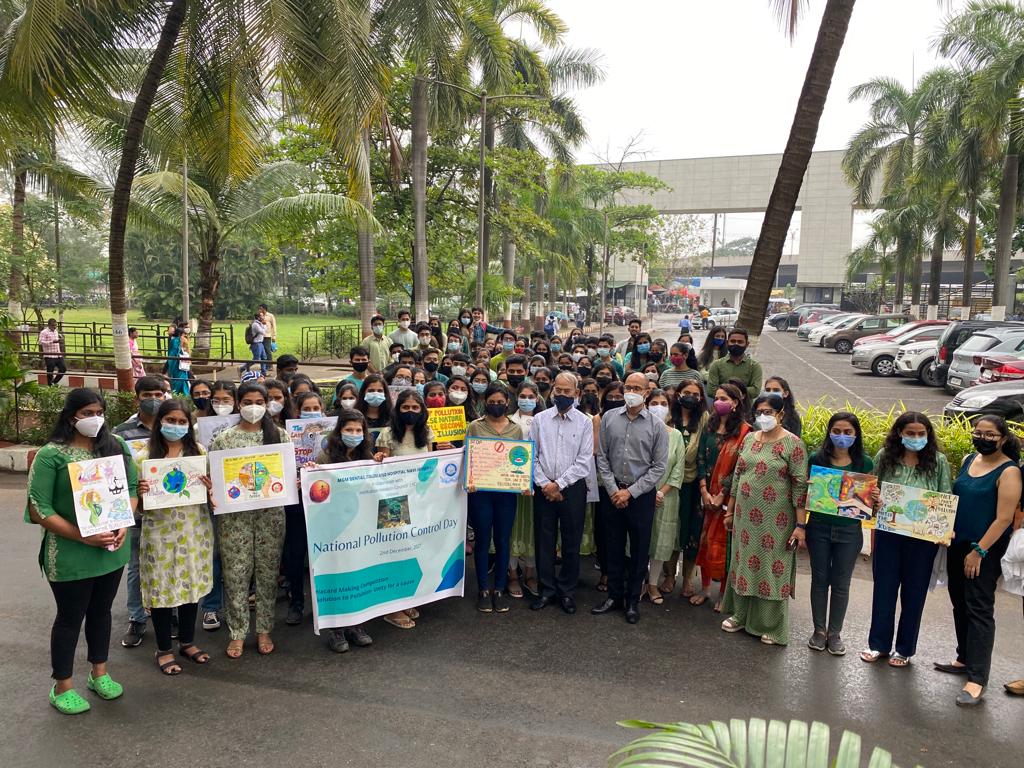
.jpg)















